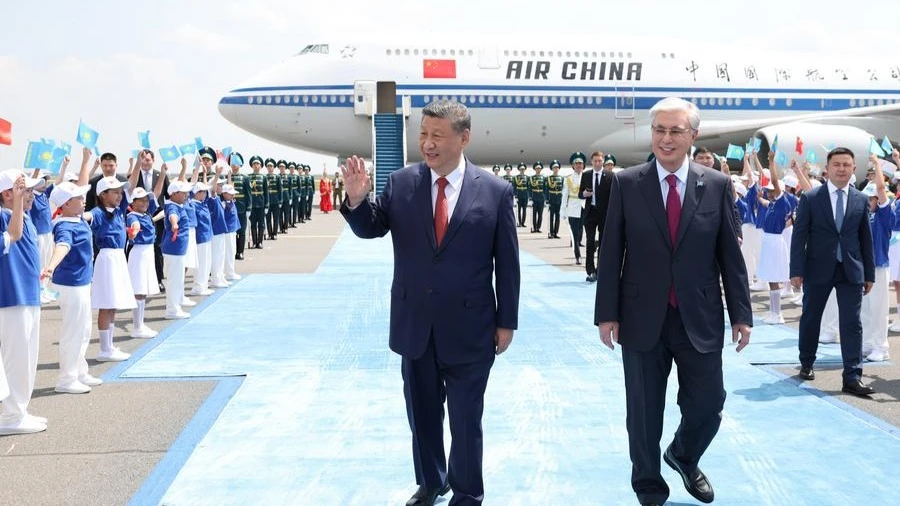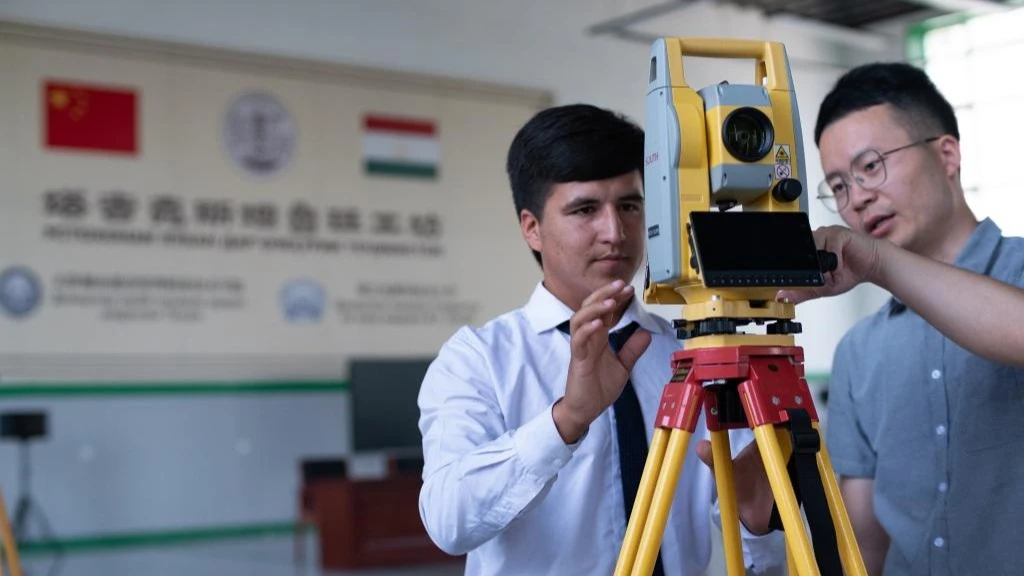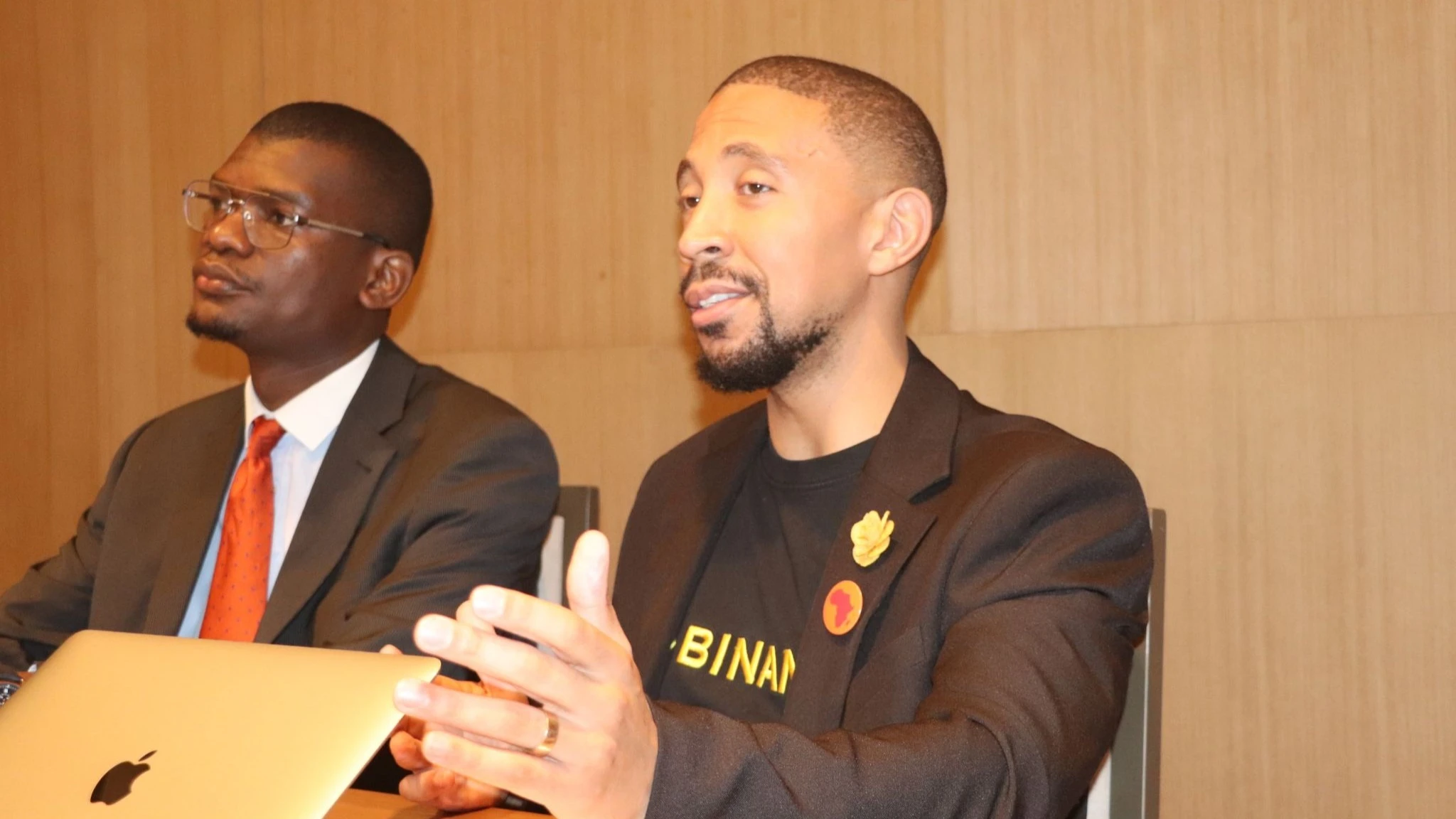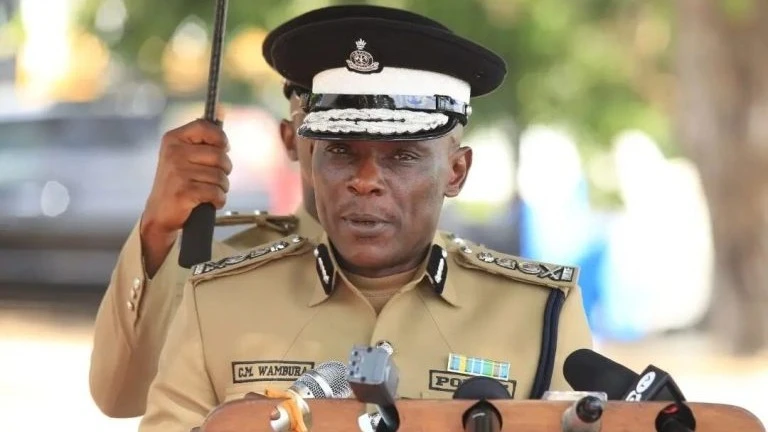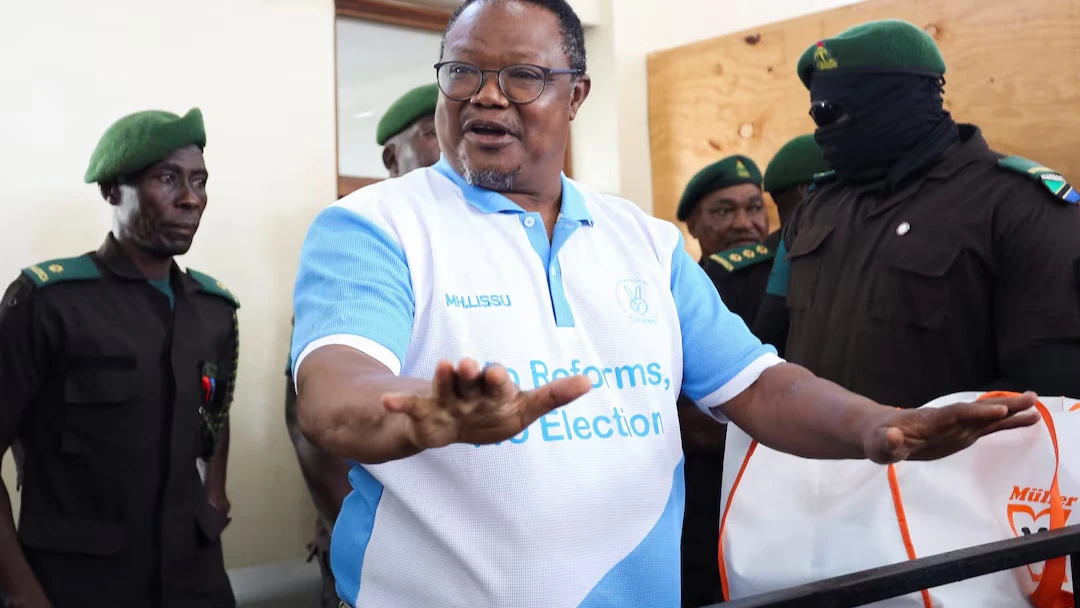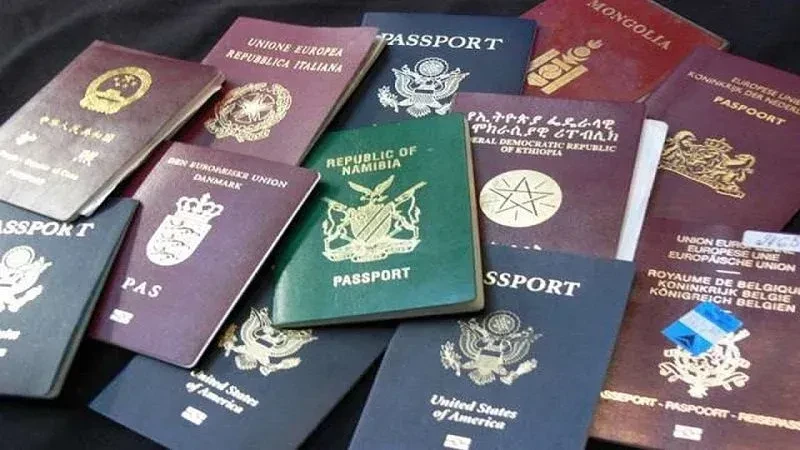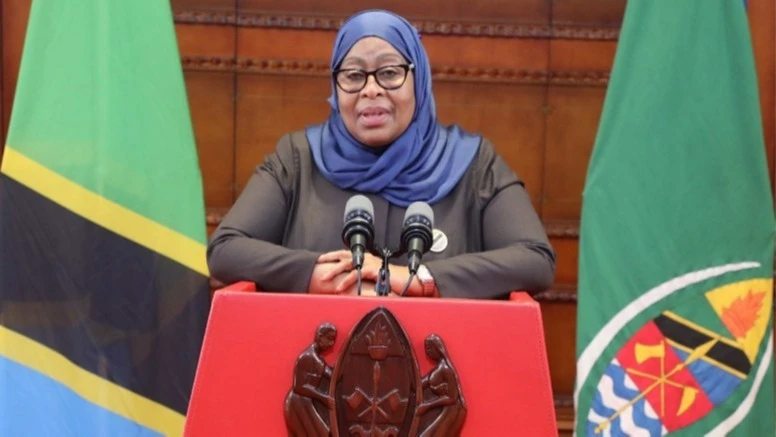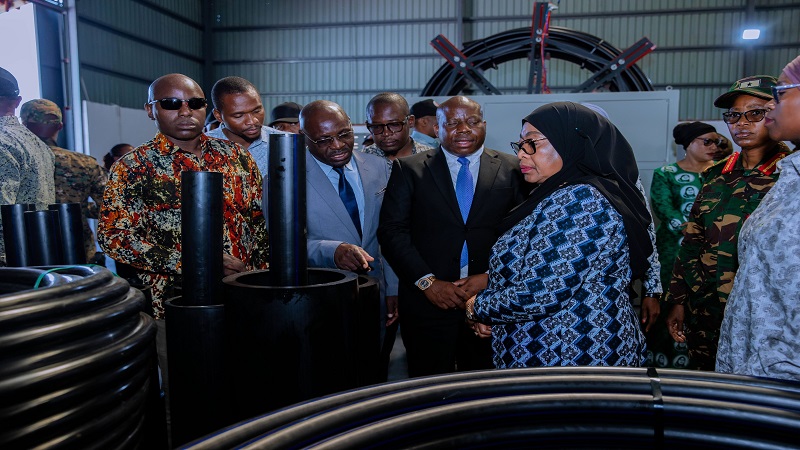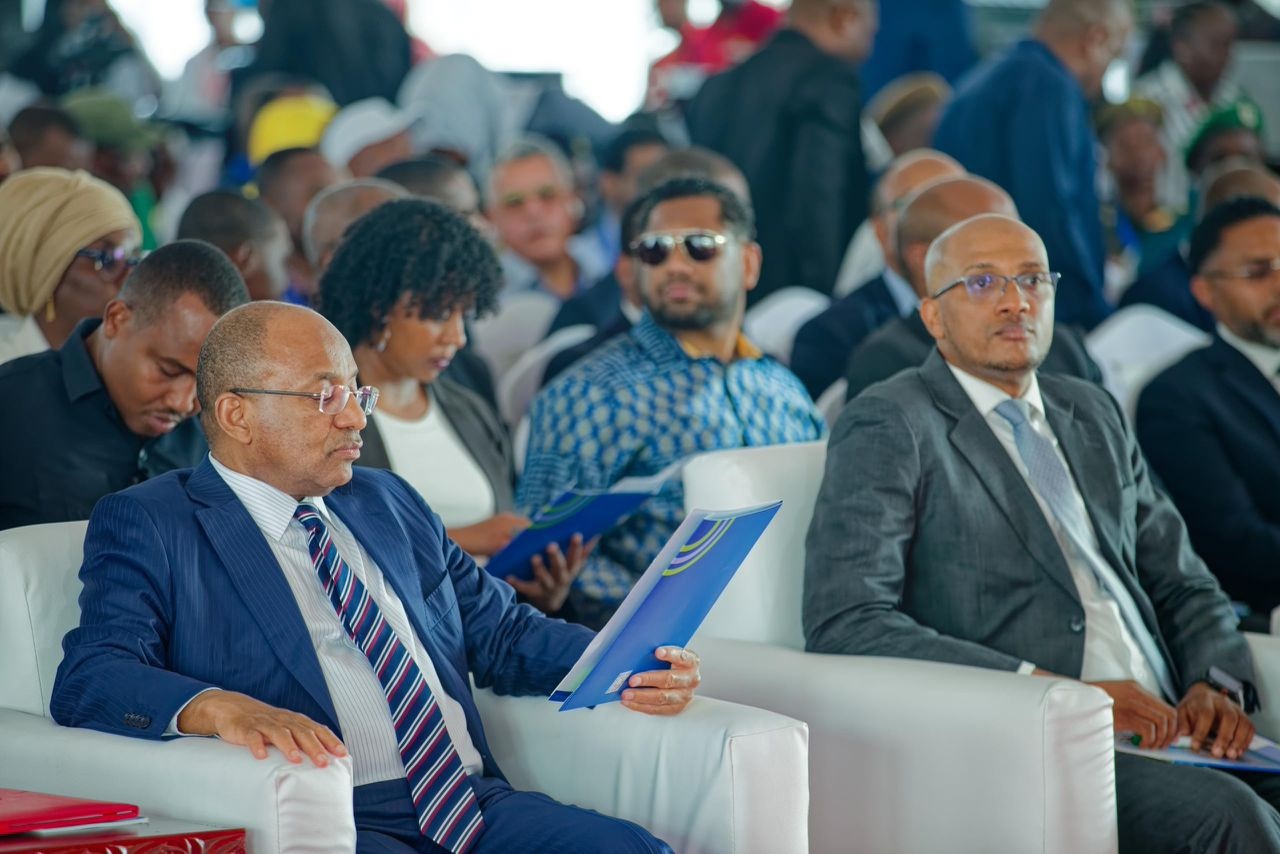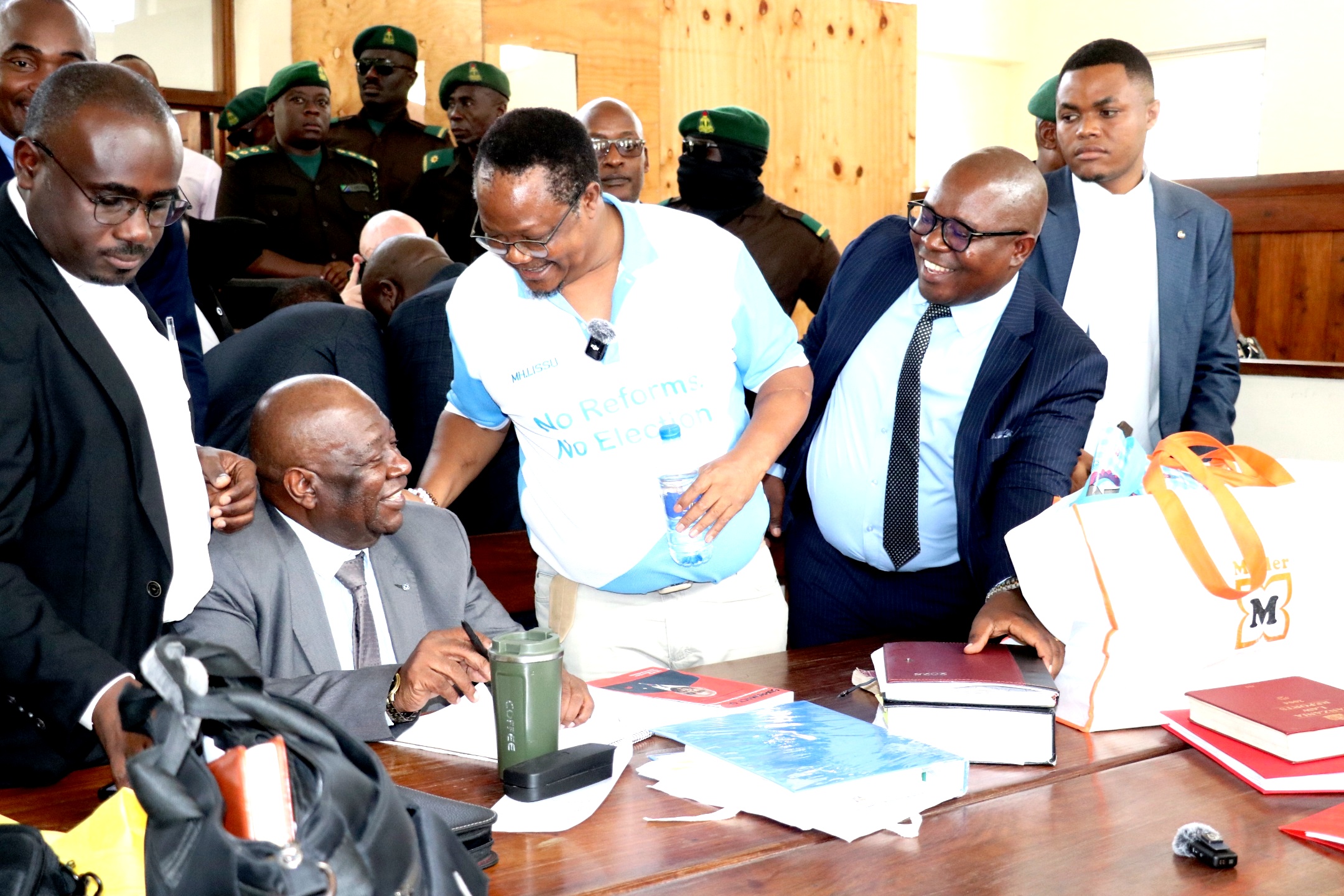Autonomy over applause: Why Tanzania has nothing to apologise for
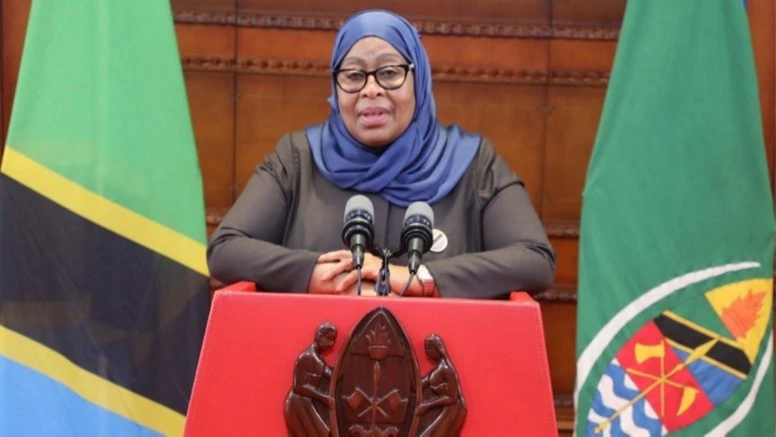
SOMETIMES, defending yourself gets mistaken for aggression, especially when you are a quiet neighbour who refuses to shout back. I have watched, almost bemused, as a growing list of Kenyan columnists, activists, and social commentators continue their loud and almost rehearsed condemnations of Tanzania’s recent immigration decisions.
To hear them tell it, we have become some caricature of repression—throwing out foreign activists like a spooked autocrat shutting the blinds. But this isn’t the theatre of tyranny. It’s called protecting your house when guests forget they are visitors.
I find it curious—no, disingenuous-how certain Kenyan intellectuals have recently taken to treating Tanzania as though it were some errant state that has suddenly lost its mind. The outrage—loud, accusatory, self-assured—over the deportation of Martha Karua and Willy Mutunga, and the treatment of Boniface Mwangi and Agatha Atuhaire, has reached a fever pitch. But let’s be honest here. Strip away the sentimentalism and pan-Africanist theatrics, and what you have is a textbook case of selective moral outrage.
Tanzania did what many states have done—and continue to do—to protect its sovereignty. This wasn’t about muzzling free speech for the sake of it. It was about asserting national dignity in the face of calculated provocation.
No country, no matter how ‘democratic’ its dressings, permits foreign nationals to walk into its territory, participate in politically sensitive cases, and then expect to be treated like welcome observers. That’s not how sovereignty works, not in theory, not in practice.
Look across the globe. The United States—often the self-declared beacon of democracy—has denied entry to individuals perceived as undermining its national security or involved in contentious legal matters.
Just ask Omar Barghouti, the Palestinian activist denied a U.S. visa in 2019 over his views. Or remember how Australia swiftly deported Novak Djokovic for breaching COVID protocol in a politically charged storm. If countries with centuries-old democratic institutions can wield executive powers to remove perceived threats, however symbolic, why is it that when Tanzania acts similarly, it’s seen as tyrannical?
I’ve read Professor Kagwanja and Dr. Muluka for years. Their intellects are not in question. But even the sharpest minds can become prisoners of ideological echo chambers. Kagwanja’s framing of Tanzania as a “tin pot dictatorship” feels more like political theatre than scholarship. His analogy to Kenya under Moi is neither novel nor entirely accurate.
Tanzania, for all its shortcomings, has not descended into the sort of predatory state machinery we saw in Kenya in the 1990s. If anything, Tanzania’s quiet insistence on protecting its institutional ethos—one that privileges national stability over performative liberalism—is precisely what has kept it from imploding in the ways some of its neighbours have.
Let’s not pretend the law exists in a vacuum. It’s shaped by context, culture, and national imperatives. Tanzanian law gives its executive immigration authority the power to deny entry or expel individuals whose presence is deemed a threat to public order or national interest.
This is not only legal; it is standard practice. Article 15 of the Tanzanian Immigration Act is clear on this point. Due process does not require an open trial when foreign nationals are removed under immigration or national security grounds. It’s a prerogative exercised in the sovereign interest.
And, while we are discussing rights, let’s remember that rights are not without limits. International human rights instruments, such as the ICCPR (International Covenant on Civil and Political Rights), recognise that states can restrict certain freedoms in the interest of national security, public order, or the rights of others. So even by international standards, Tanzania acted within the bounds of law. The emotional response from our Kenyan brothers and sisters, however well-intentioned, seems to ignore this legal grounding.
But perhaps what’s most frustrating is the tone—the moral superiority embedded in these critiques. There is a difference between constructive critique and cultural condescension. Tanzania is not a Western client state.
It does not, and should not, take cues on governance or diplomacy from opinion columns in Nairobi. And yet, we’re lectured about democratic backsliding by analysts who themselves come from a polity that has struggled to hold credible elections since the return of multi-party democracy. It’s hard not to see the irony.
If the Kenyan establishment was so consistently committed to democratic purity, where was the outrage when protesters were shot dead in Nairobi streets over election rigging? Where was the noise when civil society groups were deregistered under flimsy pretexts? Let’s not forget, in 2017, the Kenyan government shut down TV stations and defied court orders—yet no Kenyan intellectual was calling it a “tin pot dictatorship.”
What I see, instead, is a double standard rooted in a fundamental misunderstanding—or deliberate mischaracterisation of Tanzanian political culture. Tanzania was never built in the image of the colonial nation-state obsessed with mimicry.
From Julius Nyerere’s Ujamaa vision to Suluhu’s cautious diplomacy, we’ve chosen a different path—one that balances pragmatism with principle, sovereignty with cooperation. Yes, the journey is messy. Yes, mistakes have been made. But they are our mistakes, and we will correct them on our terms.
Now, let’s talk about this so-called “regional dream.” Dr. Muluka's poetic critique— “Where is your warm milk of motherhood?”—is moving but misplaced. Suluhu is not Tanzania’s nanny; she is its President. Her job is not to soothe the sentiments of East Africa but to safeguard Tanzanian interests. Integration is not an act of charity; it is a strategic partnership. And strategy demands caution. Kenya’s confrontational tone, especially from the media and civil society, makes genuine cooperation harder, not easier.
And let’s not fall for the nostalgia of pan-African dreams. The East African Community is not a sacred covenant; it’s a political and economic alliance governed by mutual respect. When Tanzanian sovereignty is disrespected—by journalists barging into judicial processes or activists coming to “witness” cases without official status—it is entirely appropriate for our state to act. Whether that offends Kenyan newspaper editors or not is irrelevant.
This isn’t isolationism. It’s discipline. I respect Kenyan thinkers deeply. But this time, many of them have missed the forest for the trees. They see suppression where there is prudence, dictatorship where there is determined governance. The real tragedy would be if Tanzania, in its desire to appease regional sentiment, allowed foreign political actors to turn our soil into a theatre of protest.
We are not a stage. We are a sovereign republic. And if defending that sovereignty occasionally means disappointing outsiders, so be it.
In this era of digital noise and performative outrage, we must remain clear-eyed. Democracy is not performance art. It is not open borders for every activist with a camera. It is not headlines and hashtags. It is careful stewardship of power in a way that reflects the will and welfare of the people. Tanzania has chosen its model. Others are free to critique it, but not to control it.
So yes, deport them. Block them if necessary. And keep building the nation, one decision at a time. Because in the end, the duty of a state is not to please its neighbours—it is to protect its own.
Dr Bravious Kahyoza is the Economist & Economic Diplomacy Advisor
Top Headlines
© 2025 IPPMEDIA.COM. ALL RIGHTS RESERVED











